

Warning: the following article features major spoilers for both Mass Effect and Mass Effect 2, and minor ones regarding Mass Effect 3. If you plan on playing the earlier games or want to experience the third in the series completely cold, we advise you to stop reading and return when you're done.

Naturally, the backlash has already begun. When any much-loved game series ends, whether it offers a definitive sense of closure (as this does) or an ending that paves the way for future expansion (as this also does), it potentially commits an egregious sin in the eyes of its so-called fans. Yet such an outpouring of vitriol might be quietly celebrated in certain corners of BioWare. After all, it shows people care about the universe it has built over three games and five years. That its climax has provoked such a passionate response proves that the Canadian developer is doing something right.
Whether the ending is brave or foolhardy is open to debate, and it's too soon to discuss it in detail. But perhaps the backlash is understandable. In my review, I talked about players likely being happy how the story ends, but I was talking in more general terms. At the time I was aware that the denouement may prove divisive, but I was still slightly surprised at its extent. Art may indeed be in the hands of its creators, but by empowering its players to shape Commander Shepard's journey, can it really blame them for being dissatisfied at the destination? This is, after all, a story that for some may have been upwards of a hundred hours in the telling.
It's a story that began a little under five years ago, and has expanded from a faintly awkward but hugely ambitious sci-fi RPG into an bona fide gaming event, of the kind you get perhaps four or five times a year. Much of that, of course, is down to the groundwork laid by the original, a game that looks a little clumsy when revisited, particularly in the light of its sequels' improvements, but which still has the strongest narrative of the trilogy. It balances a personally motivated quest with events of much wider significance - to the point where it functions both as a self-contained story and a lead-in to its follow-ups. For all that Mass Effect 3 purports to be the most welcoming of the three games - and mechanically speaking it often is - it assumes a great deal of prior knowledge, or even experience, for its most affecting moments. And that's something that no amount of reading through text documents in Shepard's journal can recreate.
It also has arguably the series' most convincing and complex antagonist in the form of renegade turian Saren Arterius. While the galactic threat in the sequels is more generalized - the coming of the Reapers, the genocidal machine race seemingly set to rid the galaxy of all organic life - here the enemy has a face. Though the ambiguities of Martin Sheen's Illusive Man come to prominence as the series progresses, he doesn't offer the same persistent sense of threat as Saren does. If the renegade Spectre proves to be little more than a puppet come Mass Effect's endgame, he's still a memorable opponent.

While its conversations now seem simplistic and laughably static, the impact of your dialogue resonates two games on. Other games had explored moral dilemmas before Mass Effect, but few had ever felt this difficult, nor this impactful. The decision to kill or spare the Rachni Queen, potentially revitalizing a deadly insectoid race, is one choice whose consequences continue to ripple through the third game, but it was on the lush environs of Virmire that the toughest choices had to be made, forcing you to sacrifice one team mate to save another, and potentially kill a former ally. These might seem small fry in light of what Mass Effect 2 and 3 ask you to do, but they set an agenda: no one is safe. Indeed, the second game made this abundantly clear right from the outset, destroying the Normandy and killing Shepard, only to resurrect him and place him under the control of human supremacists Cerberus.
If story was king in the first game, it was well-served by a combat system that blended real-time action with squad tactics handled by pause menus that now look slightly antiquated. Play it again, and you begin to understand that streamlining its role-playing complexities wasn't necessarily a bad idea. The need to invest experience points in weapon feels slightly unnecessary in light of the class-specific weapons of the sequel, though in some ways it's a shame BioWare resorted to fairly standard ammo pickups for the second and third games rather than the weapon-overheating mechanic of the original.
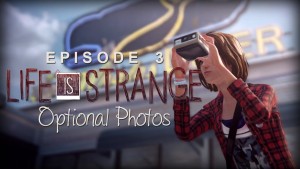
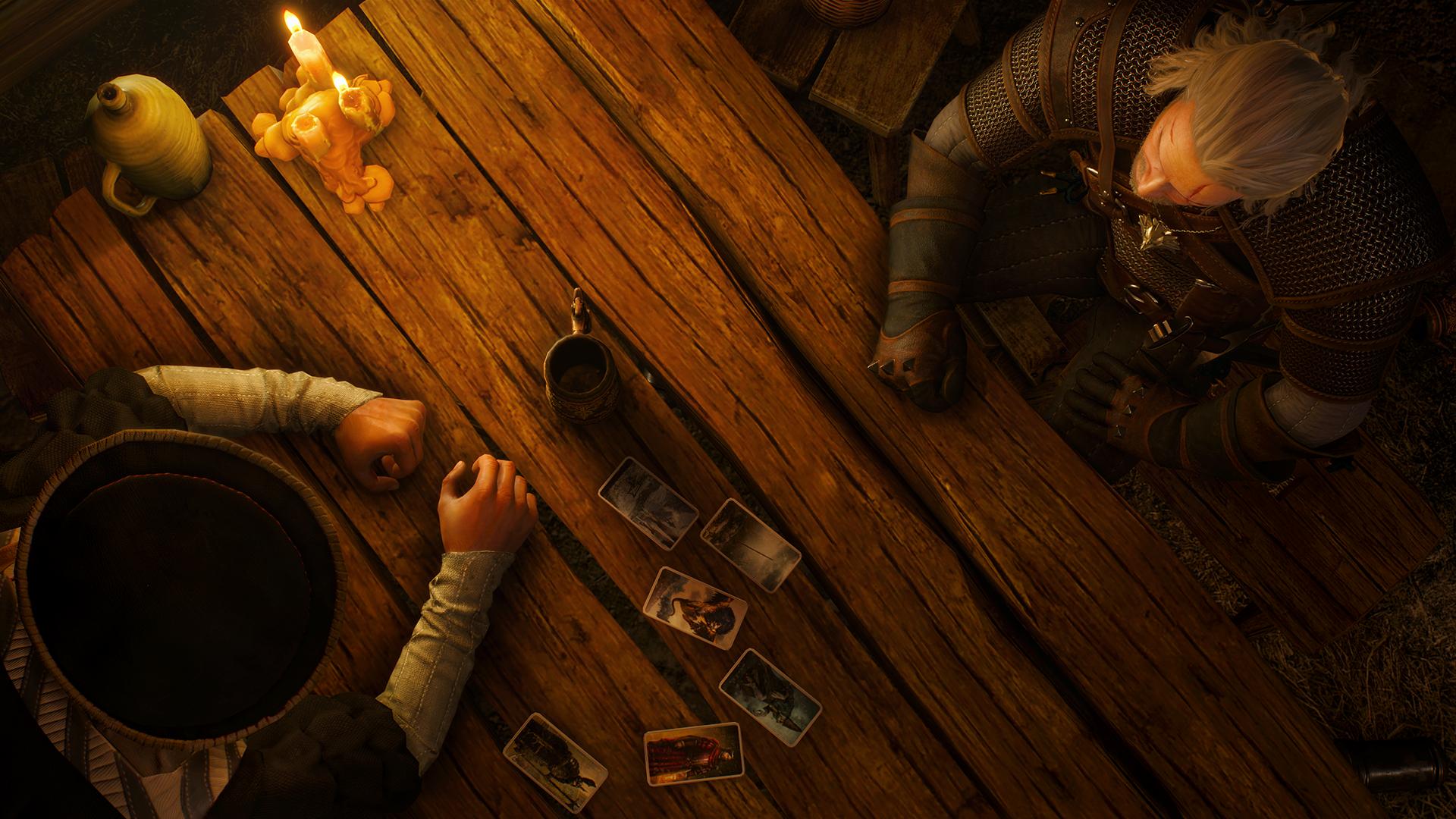
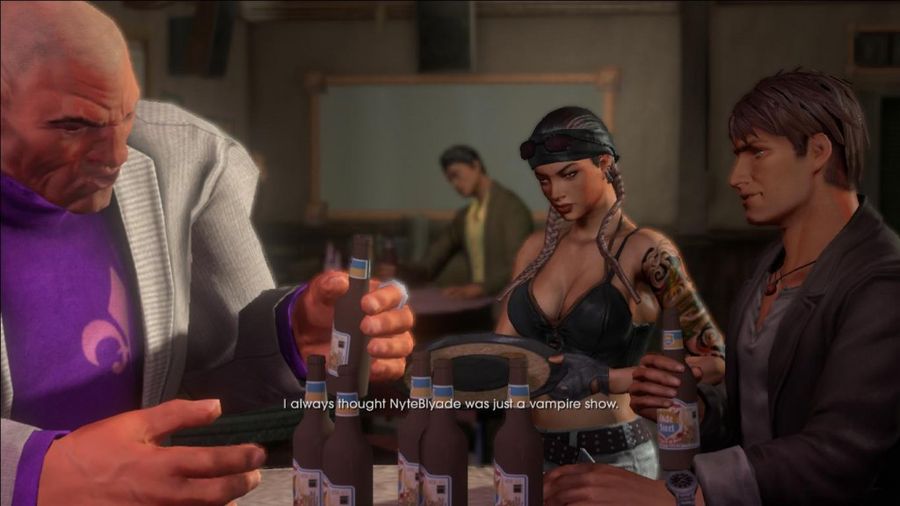

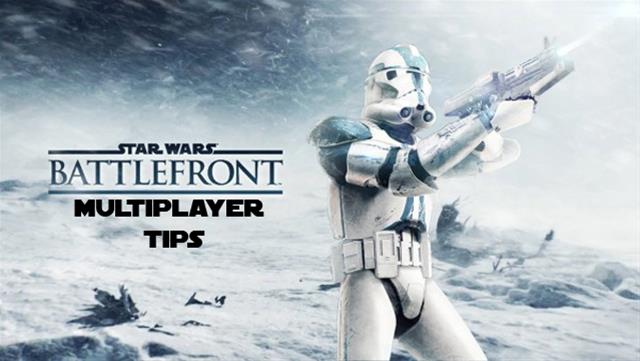 Star Wars Battlefront multiplayer tips: The definitive guide to playing like a Jedi Master
Star Wars Battlefront multiplayer tips: The definitive guide to playing like a Jedi Master Resident Evil 6 Guide: Chris Chapter 2 Serpent Emblem Location
Resident Evil 6 Guide: Chris Chapter 2 Serpent Emblem Location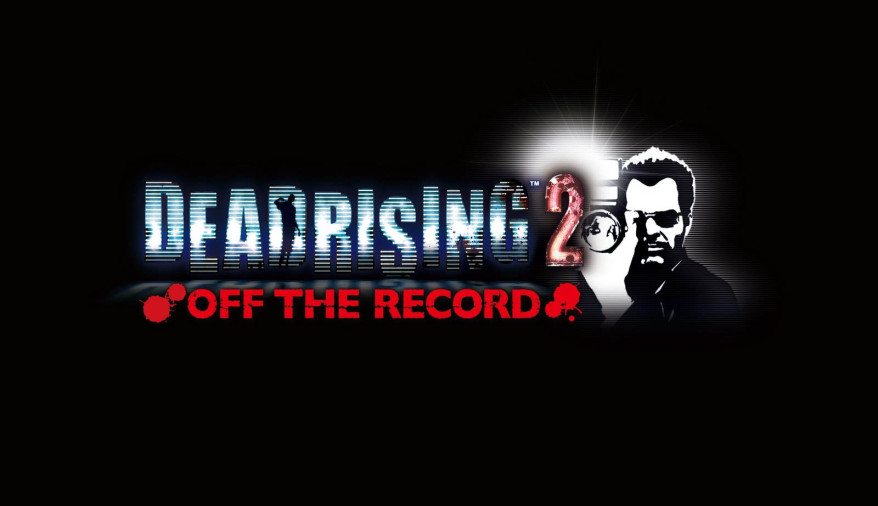 Dead Rising 2: Off The Record Combo Card Guide
Dead Rising 2: Off The Record Combo Card Guide 4 Things Minecraft Teaches Players About Survival
4 Things Minecraft Teaches Players About Survival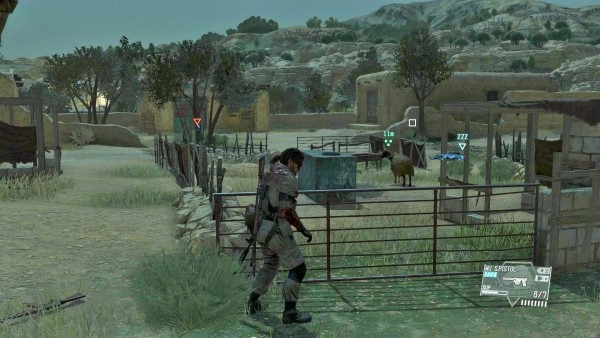 Metal Gear Solid 5: The Phantom Pain – Side Ops 47 Extract the Little Lost Sheep
Metal Gear Solid 5: The Phantom Pain – Side Ops 47 Extract the Little Lost Sheep